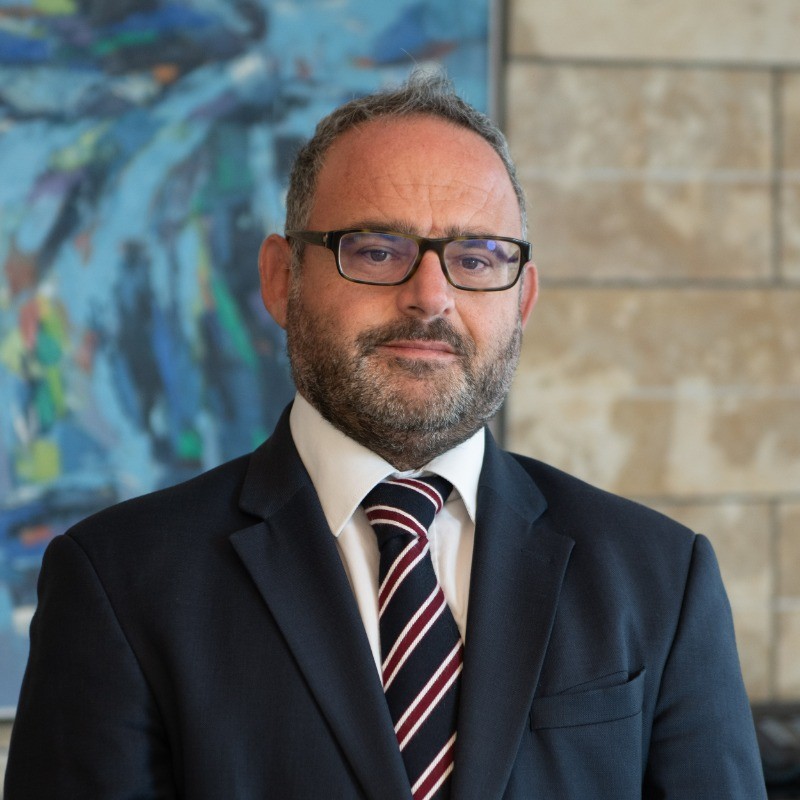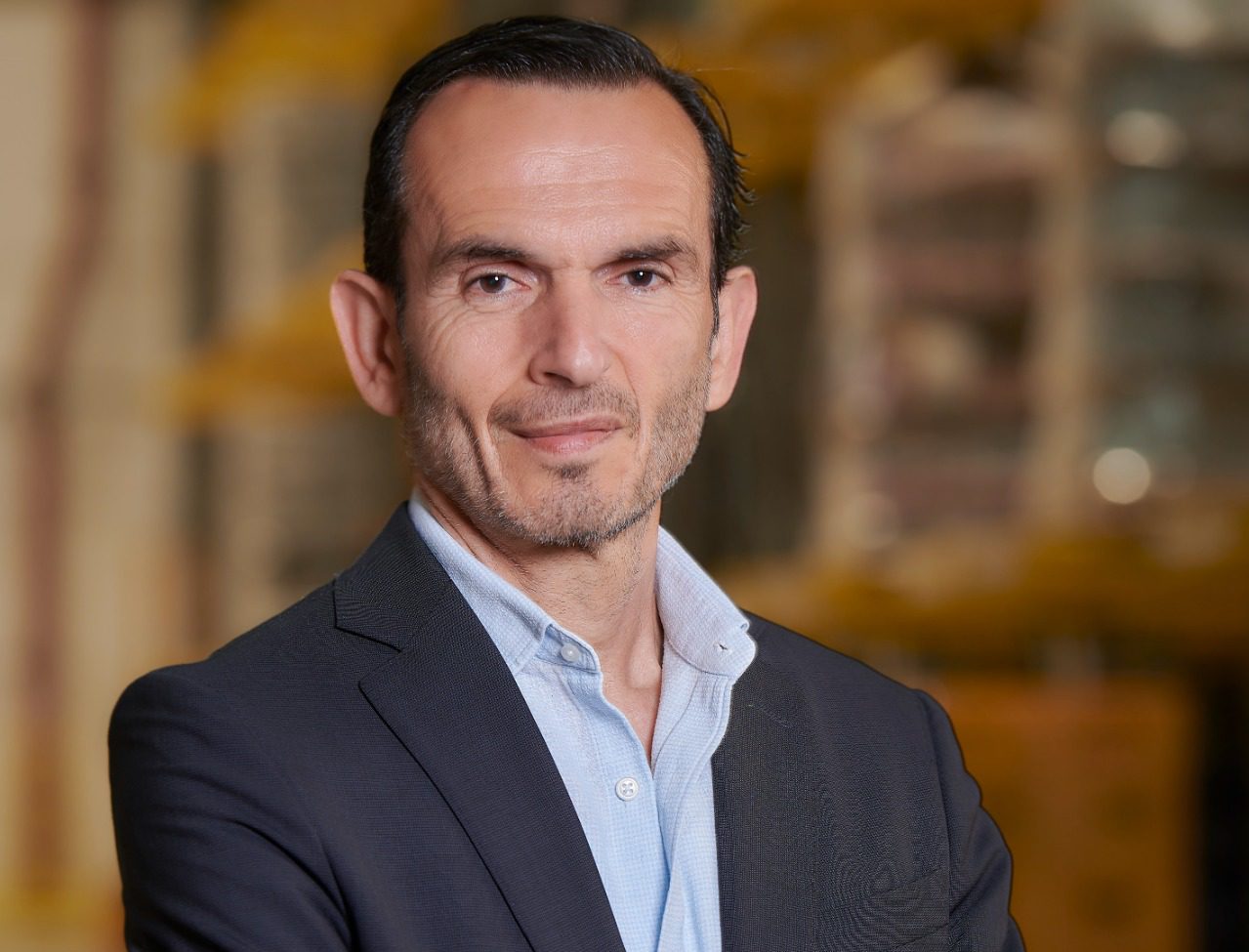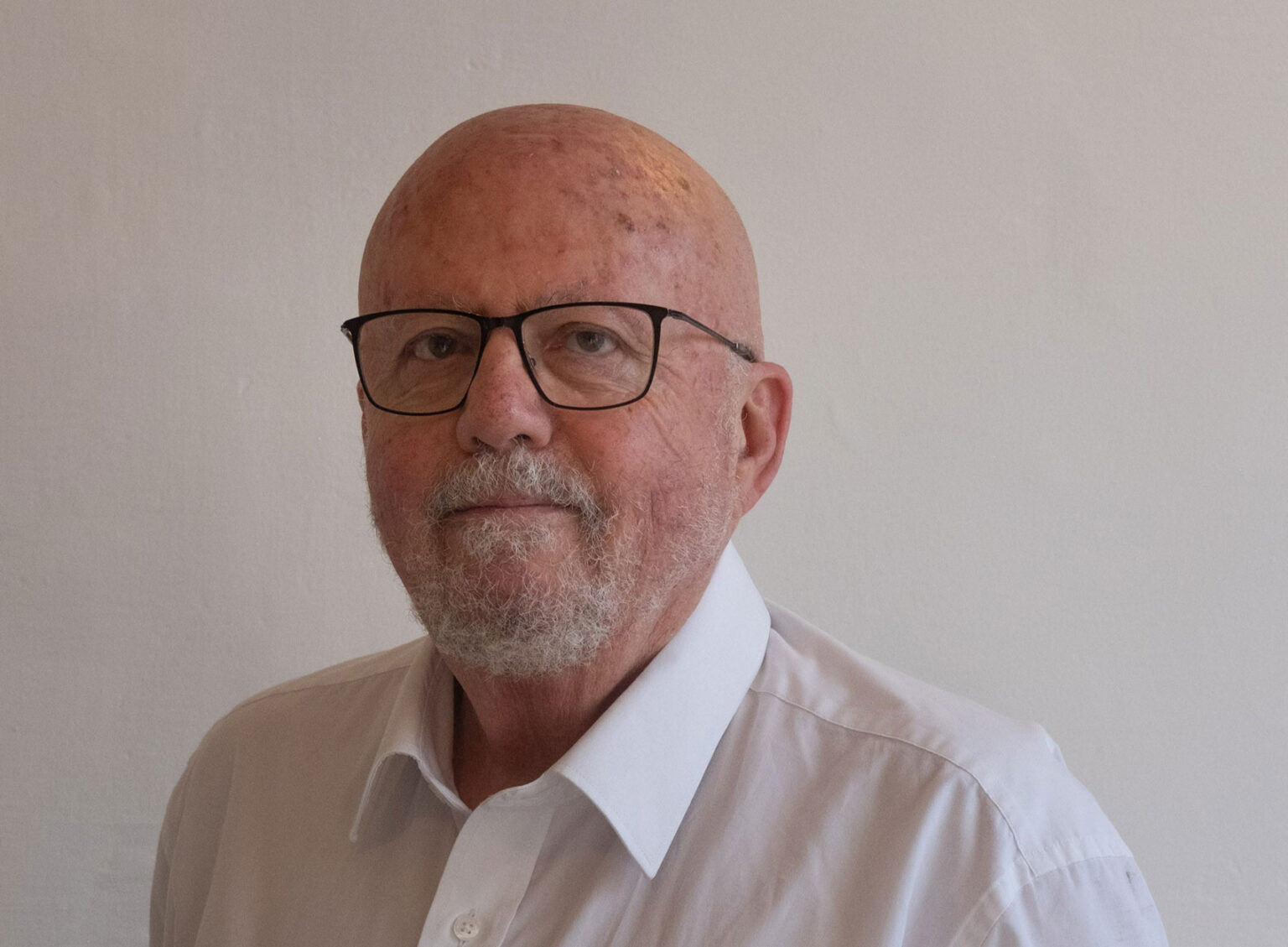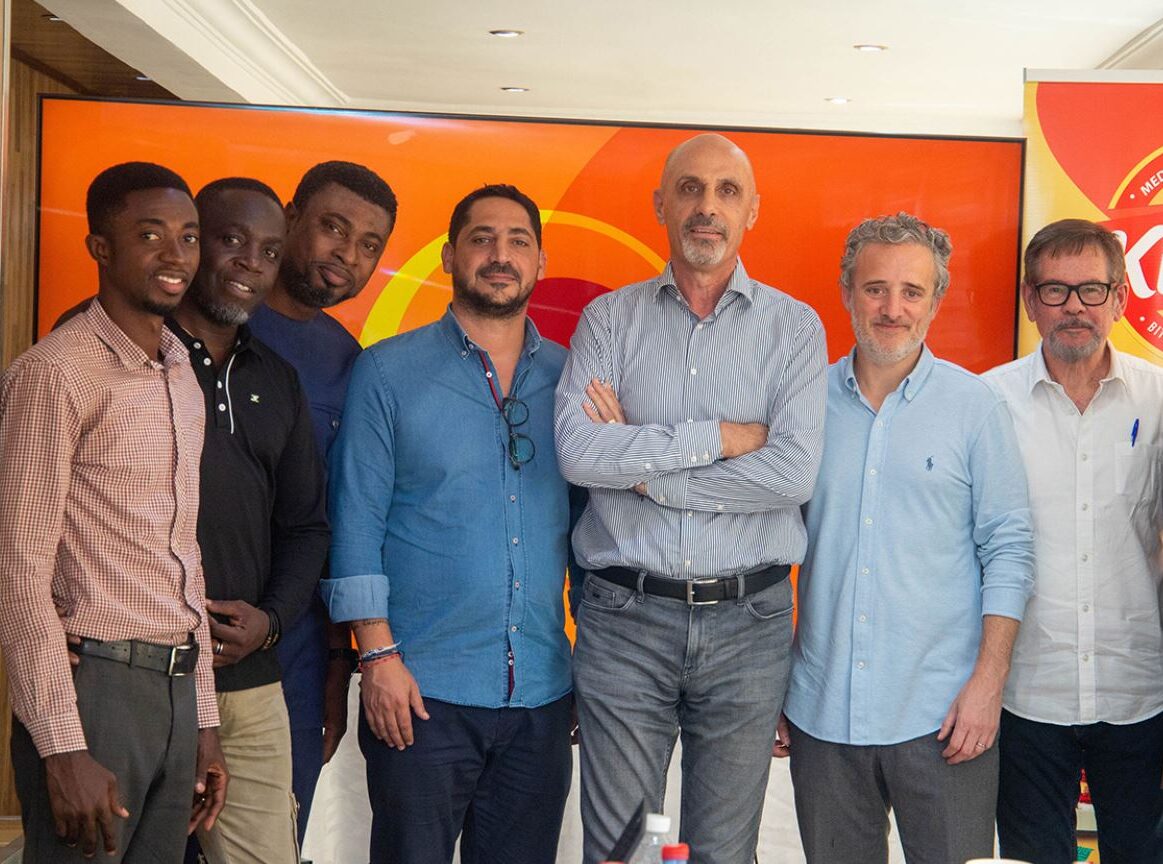Recently launched fractional ownership brand JetClub, a Malta-based sister company to US fractional operator Jet It, has announced the addition of an electric eFlyer 800 by Bye Aerospace to its fleet.

The addition of the seven-passenger electric aircraft which aims to offer a sustainable mode of travel that reconciles essential business travel with climate change concerns, marks a milestone in sustainability for the aviation industry, according to JetClub CEO & co-founder Vishal Hiremath.
“Sustainability is at the core of the JetClub and Jet It philosophy,” Mr Hiremath said, adding that “aviation is necessary for us to connect, to travel, to explore and to understand. Travel is truly the best education. Only aviation has made this possible. When we can do this with 100 per cent clean air and zero emissions, it is a win-win for us and the environment. With the addition of the eFlyer 800 to our fleet, we take a leap forward in our sustainability goals without compromising on business travel and economic development.”
According to reports, JetClub is due to begin operating with the eFlyer 800 by 2025.
Earlier this month, JetClub was awarded its Air Operator Certificate by Transport Malta Civil Aviation Directorate so as to begin operating fractional and charter passenger flights.
At the time, Charles Pace, Director General for Civil Aviation within the Directorate said, “to obtain an AOC, an operator must meet high regulatory, safety and operational standards. Applicants go through a rigorous process to demonstrate that they will be able to carry out safe operation of commercial aviation services. We are proud to have JetClub as part of the Maltese and European aviation ecosystem.”
New distribution centre to give spun-off food business ‘marked advantage’ – Farsons CEO
The centre is set for completion in 2026.
Are constructive dismissal cases on the rise in Malta?
Lawyer Andrew Borg Cardona notes that more employees seem willing to challenge perceived unfair treatment through constructive dismissal claims.
We are ‘sharing a piece of Maltese heritage with West Africa’ – Farsons Deputy CEO
Kinnie is now also manufactured in Ghana.
Businessman Jean Paul Busuttil murdered in Bidnija
He was the Founder of Luxury Living Technologies plc, listed on the Malta Stock Exchange.









